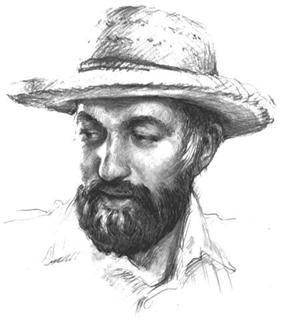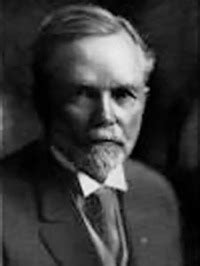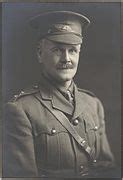A Quote by Nassim Nicholas Taleb
The curious mind embraces science; the gifted and sensitive, the arts; the practical, business; the leftover becomes an economist
Related Quotes
The very problem of mind and body suggests division; I do not know of anything so disastrously affected by the habit of division as this particular theme. In its discussion are reflected the splitting off from each other of religion, morals and science; the divorce of philosophy from science and of both from the arts of conduct. The evils which we suffer in education, in religion, in the materialism of business and the aloofness of "intellectuals" from life, in the whole separation of knowledge and practice -- all testify to the necessity of seeing mind-body as an integral whole.
It must be for truth's sake, and not for the sake of its usefulness to humanity, that the scientific man studies Nature. The application of science to the useful arts requires other abilities, other qualities, other tools than his; and therefore I say that the man of science who follows his studies into their practical application is false to his calling. The practical man stands ever ready to take up the work where the scientific man leaves it, and adapt it to the material wants and uses of daily life.
A curious mind does not say to consumers "What do you want?" A curious mind understands context, understands behavior, understands spending and spending patterns - the accumulation of a day's purchases, or spending over a week or a year. A curious mind asks the questions that open up the consumer to talk about her latent dissatisfactions, hopes, wishes, and dreams.


































